See no evil, hear no evil, speak no evil
Does anyone follow this eyes-ears-mouth wisdom that originated in ancient Japan? It is especially hard to do in this grim day and age.
Nor are we meant to speak ill of the dead unless it’s to balance accounts for history’s sake. Often there’s a dichotomy when they’re gone: hero or villain.
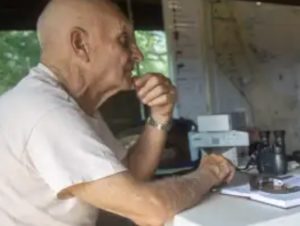 Colonel Lionel Dyck has succumbed to cancer. The Big C finally got him at the age of 79 after a lifetime of bullets whizzing around him. He has been variously described as a distinguished combat veteran, an officer and a gentleman, a ruthless mercenary.
Colonel Lionel Dyck has succumbed to cancer. The Big C finally got him at the age of 79 after a lifetime of bullets whizzing around him. He has been variously described as a distinguished combat veteran, an officer and a gentleman, a ruthless mercenary.
It is not in doubt that he occupies an awkward place in the recent past of Zimbabwe, his homeland, born and bred.
His early life as professional soldier got off to a disastrous start. Encamped in the Makuti area northwest of the then capital Salisbury, now Harare, he went partying at the local hotel and got uproariously drunk. He pulled his subaltern rank on the designated driver, got him out of the driver’s seat and climbed in. He crashed the army Ford F250, killing two of his companions.
He was soon to be arrested, he drew an Uzi machine pistol on arresting officers, he was subdued, court marshalled and cashiered (dismissed) from the army. But, surprisingly, he got back in, first into an army security unit known as Guard Force and then into the mainstream regular military again as the independence war against Ian Smith’s minority government intensified drastically in the 1970s.
Come independence in 1980 Dyck stayed on as the warring sides were trimmed down and amalgamated. His record as a senior officer in the new nation doesn’t stand up favourably to scrutiny. He had a firm hand in quelling uprisings in the western Matabeleland province that led to atrocities by our North Korean-trained 5th Brigade during a period known as ‘gukurahundi’ (rain washing away the chaff from the grain) in which more than 20,000 died, mostly civilians, until a peace accord was reached in 1987. It was our version of ‘ethnic cleansing.’
 Dyck retired three years later and started landmine clearing business on our own borders and in war zones like Afghanistan and Iraq. He formed what he called an advisory group providing private troops (mercenaries) where required.
Dyck retired three years later and started landmine clearing business on our own borders and in war zones like Afghanistan and Iraq. He formed what he called an advisory group providing private troops (mercenaries) where required.
After that Makuti episode he swore off alcohol for good and became a serious fitness fanatic, climbing mountains and running marathons – example: 100 km in the Sahara desert with a 40kg pack on his back. In the Zim army days, when we were still in good books with the Brits, he was sent on an officers’ refresher course at the Sandhurst Royal Military Academy. One of his brother officers told me he went running before breakfast, at lunchtime and in the evening. He wasn’t much fun to have along.
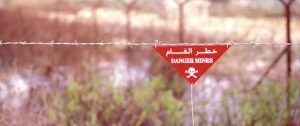 Admittedly he did try to teach youngsters the advantages of sobriety and fitness by involving himself in the our civilian Operation Raleigh outward-bound adventure programme. Furthermore, it has to be said his expert mine clearance operations have saved tens of thousands of lives and maimings by those pernicious, hidden devices.
Admittedly he did try to teach youngsters the advantages of sobriety and fitness by involving himself in the our civilian Operation Raleigh outward-bound adventure programme. Furthermore, it has to be said his expert mine clearance operations have saved tens of thousands of lives and maimings by those pernicious, hidden devices.
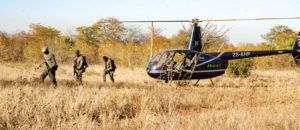 Latest in his military adventures this decade was accompanying his soldiers and helicopters into Mozambique’s northernmost Cabo Delgado province to fight ISIS-linked jihadist militants sewing terror there and beheading their civilian victims, including expats exploiting multi-billion dollar gas reserves which gave no trickle down benefits to Mozambicans and traction for the jihadists.
Latest in his military adventures this decade was accompanying his soldiers and helicopters into Mozambique’s northernmost Cabo Delgado province to fight ISIS-linked jihadist militants sewing terror there and beheading their civilian victims, including expats exploiting multi-billion dollar gas reserves which gave no trickle down benefits to Mozambicans and traction for the jihadists.
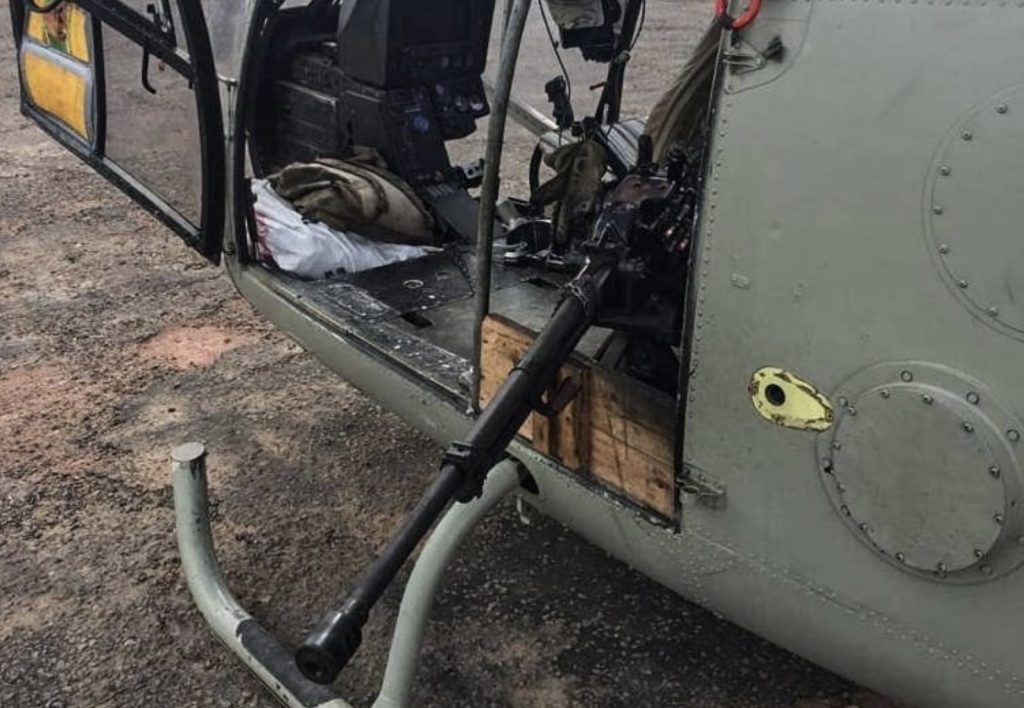 Amnesty International accused DAG of firing into civilians in airborne counter attacks whom Dyck later said were being used as human shields by the insurgents infiltrating from Tanzania and Moslem strongholds to the north.
Amnesty International accused DAG of firing into civilians in airborne counter attacks whom Dyck later said were being used as human shields by the insurgents infiltrating from Tanzania and Moslem strongholds to the north.
Sound familiar these days?
In my duties as a reporter I got to know Col. Dyck. He received a Silver Cross for his action in putting down the first uprising against Robert Mugabe in the Entumbane township of Bulawayo in 1981.
During gukurahundi the incumbent president of today was Mugabe’s minister of defence. Later Dyck tried to mediate over differences between Mugabe’s ruling party and the new and burgeoning political opposition.
He had mentored Gen. Vitalis Zvinavashe, an ill-educated but cunning former guerrilla leader who became army commander in the new Zimbabwe. I interviewed them both at Dyck’s Harare offices but only got brusque answers.
Zvinavashe was to be the go-between. I could have told you then it couldn’t work, and it didn’t.
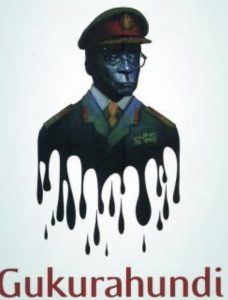
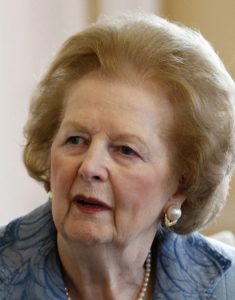 Margaret Thatcher put aside the massacres of gukurahundi for political expediency. Donald Trelford, then editor of the London Observer newspaper that helped expose the slaughter, has recalled how he was invited by Prince Charles, now King Charles III, to lunch at a Pall Mall gentleman’s club. “Be a good chap, Donald. Maggie wants you to lay off this …”
Margaret Thatcher put aside the massacres of gukurahundi for political expediency. Donald Trelford, then editor of the London Observer newspaper that helped expose the slaughter, has recalled how he was invited by Prince Charles, now King Charles III, to lunch at a Pall Mall gentleman’s club. “Be a good chap, Donald. Maggie wants you to lay off this …”
Thatcher’s view – as African leaders go, Mugabe was still “the darling of the West” and should be left alone for now.

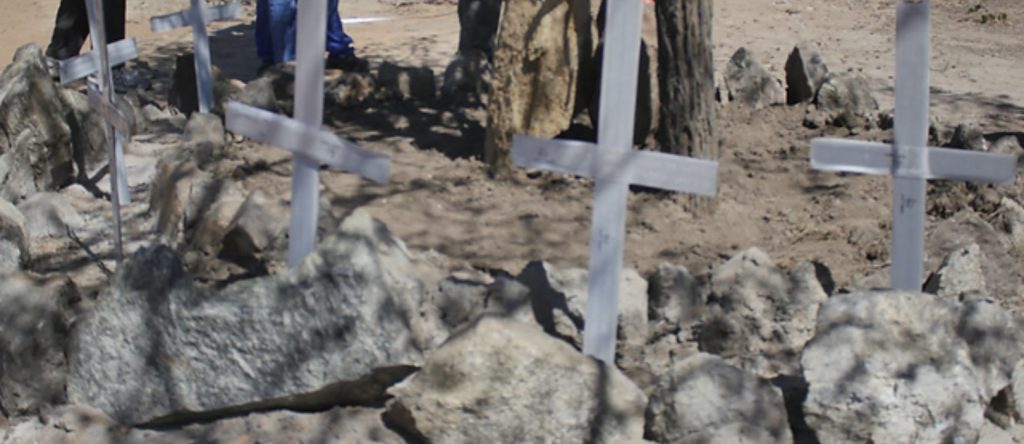
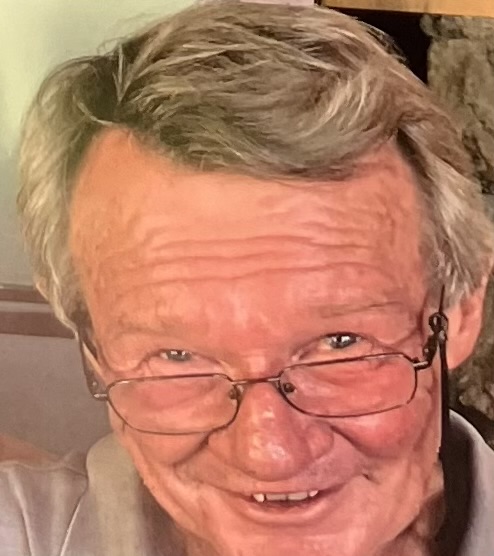
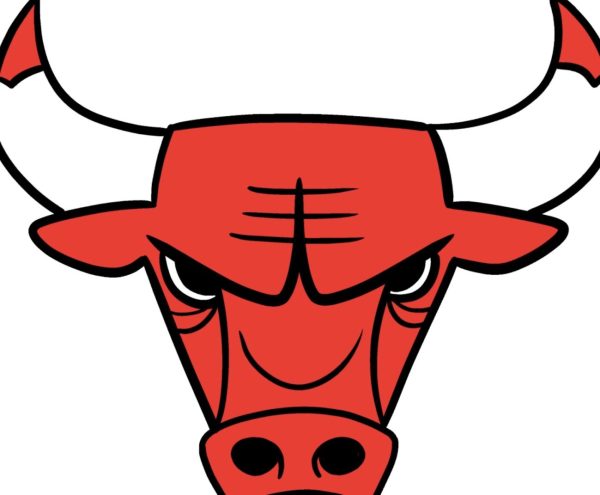
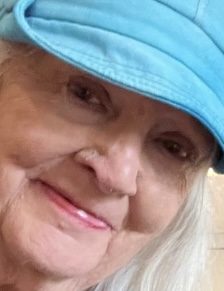

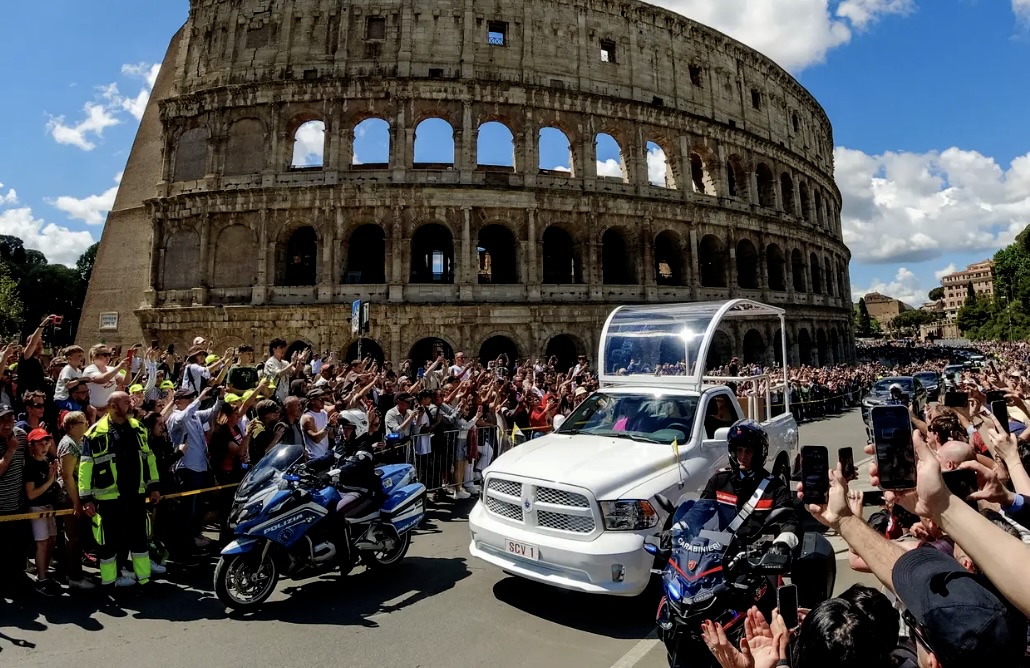

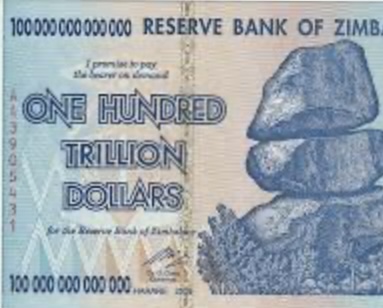
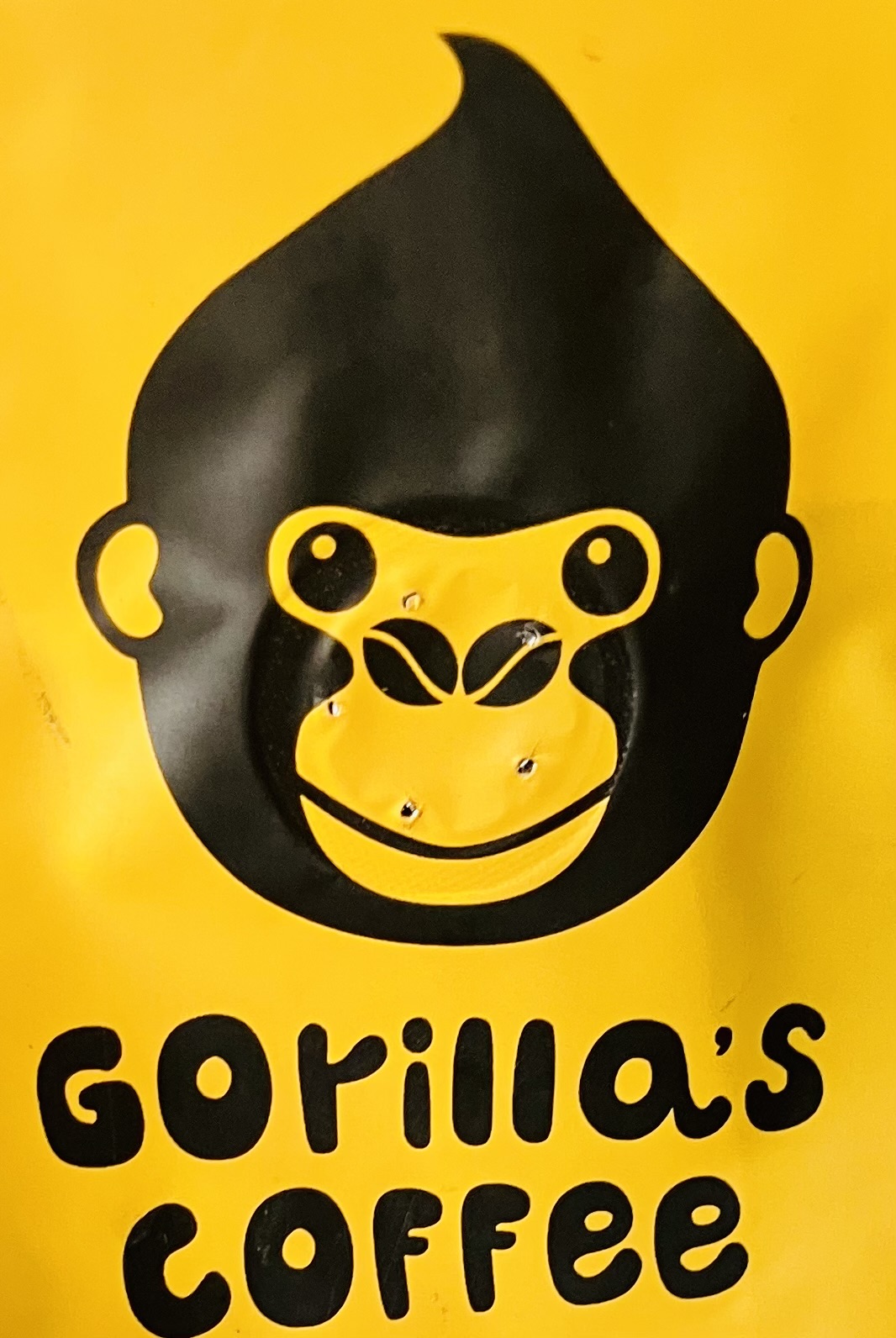
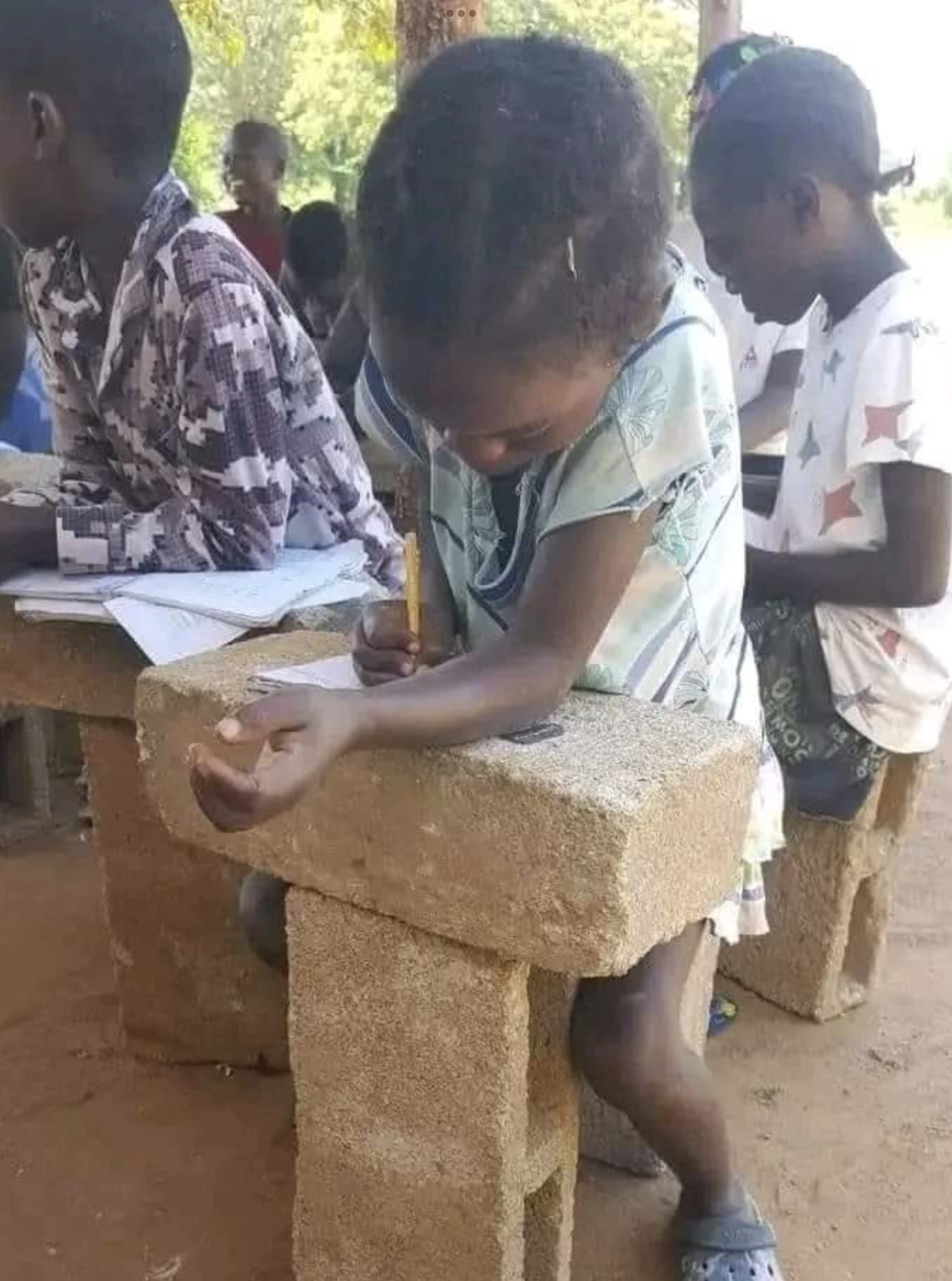
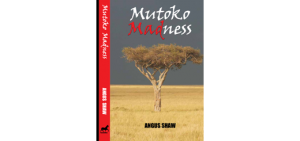
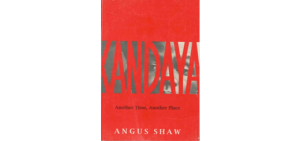
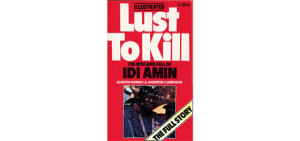
Well for your answer – what is his surname ?🙀😡
Not a chap you’d want round for supper.